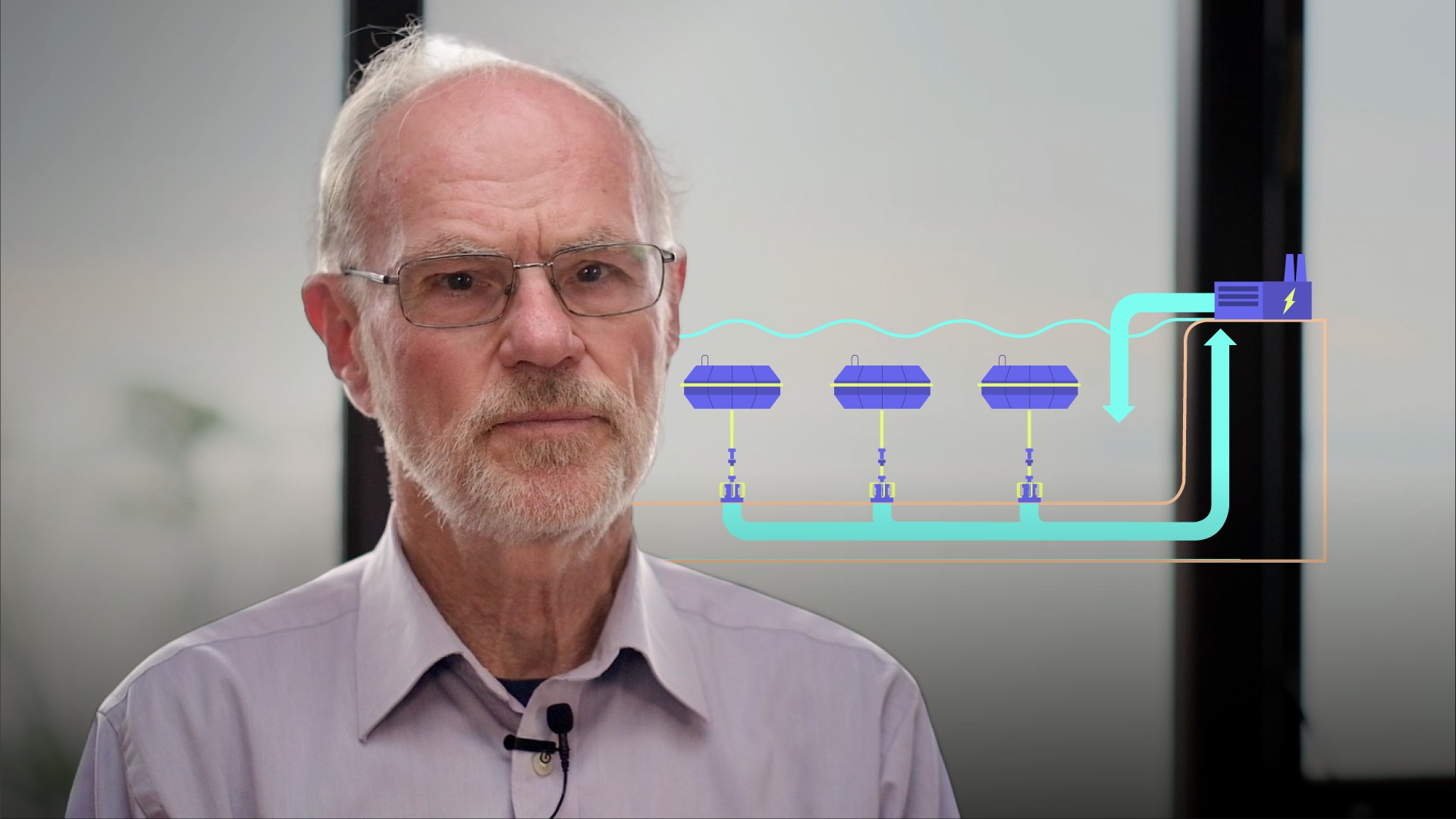
Introduction to Wave and Tidal Energy

Colin Palmer
40 years: Renewable energy
Wave and tidal energy are, subjectively, both abundant and powerful sources of natural energy. In this video, Colin explains the reason why wave energy is much less commercialised than wind and solar energy and the challenges surrounding wave energy development. He further talks about the cost differential between wave, tidal and offshore wind energies.
Wave and tidal energy are, subjectively, both abundant and powerful sources of natural energy. In this video, Colin explains the reason why wave energy is much less commercialised than wind and solar energy and the challenges surrounding wave energy development. He further talks about the cost differential between wave, tidal and offshore wind energies.
Subscribe to watch
Access this and all of the content on our platform by signing up for a 7-day free trial.

Introduction to Wave and Tidal Energy
10 mins 56 secs
Key learning objectives:
Explain why wave energy is much less commercialised than wind and solar energy
Explain the difference between tidal barrages and tidal stream technologies
Contrast the cost differential between wave, tidal and offshore wind energies
Overview:
Wave and tidal energy are, subjectively, both abundant and powerful sources of natural energy. Despite this “common sense”observation, they are both at a very early stage of development when compared to the other marine based renewable energy, offshore wind energy. Individual offshore wind projects are sized in GW, yet the total global wave energy deployment to date is only a few MW, tidal energy maybe a few tens of MW. Both wave and tidal energy have been researched in great detail over the years, most notably, for wave energy, during the UK wave energy programme of the late 1970s. Around the same time, the development of tidal barrages in locations such as the River Severn was investigated. More recently, government and commercial research has switched to tidal stream technologies, with prototypes now starting to be deployed. The costs of these technologies are at present several times that of offshore wind. Even if these developments do succeed in driving costs down to a competitive level, the resources for both wave energy and tidal energy are more limited and localised than for offshore wind.
Subscribe to watch
Access this and all of the content on our platform by signing up for a 7-day free trial.
What is the most significant challenge facing wave energy development?
Extreme weather at sea can create enormous waves containing many thousands of times more energy than the average, and wave energy devices have to be able to survive these conditions. To date, no one has been able to design a device that combines being effective at extracting energy from average conditions and also able to avoid responding to the extreme conditions. This means that wave energy devices have to be built to withstand loads that are many, many times greater than they experience most of the time, resulting in high structural costs compared to the energy output.
What are the two fundamental concepts for power generation from the tides?
Like the tidal mills of old, tidal barrages use the difference in water height between high water and low water, converting the potential energy in the water. In contrast, tidal stream devices extract energy from the moving water in a tidal stream, the kinetic energy.
What are the costs of wave and tidal energy compared to offshore wind energy?
Wave energy development is still at a stage where there are no significant commercial deployments and consequently no operational history from which it is possible to determine the cost of energy. The lack of deployments, despite a number of subsidy support schemes, suggests that the costs are still many time that of wind energy.
Tidal stream energy is a little further down the cost curve, with a number of pre-commercial devices in, or shortly to enter, operation. But here again, their costs have not been market tested and substantial subsidy levels are said to be required, whereas offshore wind is more or less competitive with long term wholesale power prices.
Subscribe to watch
Access this and all of the content on our platform by signing up for a 7-day free trial.

Colin Palmer
There are no available Videos from "Colin Palmer"





























